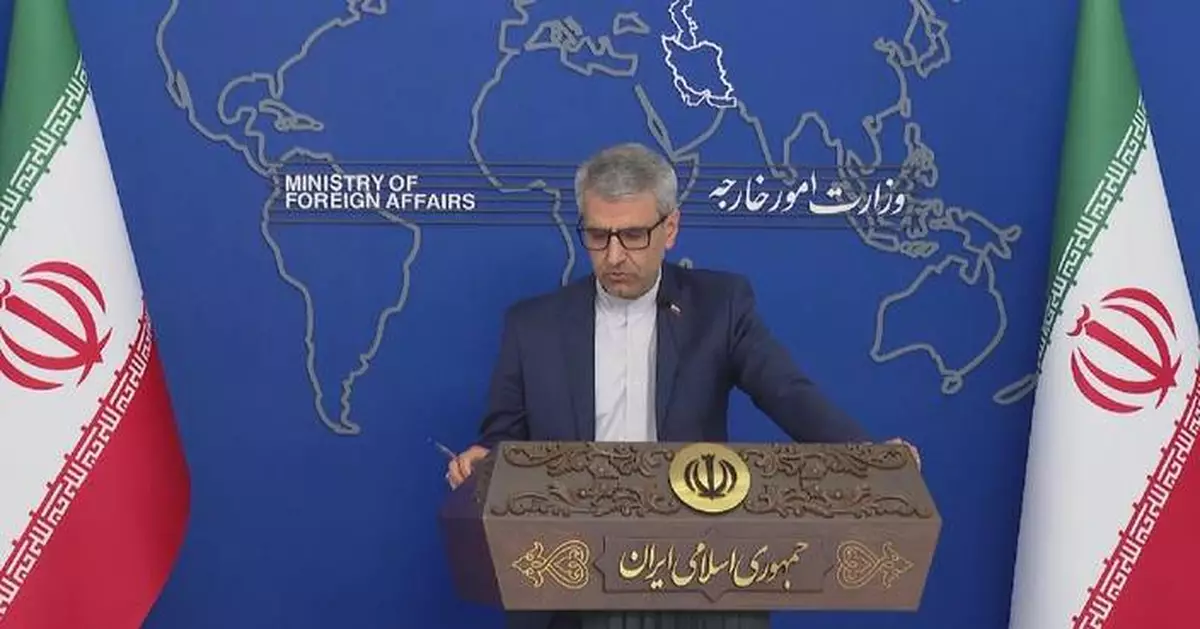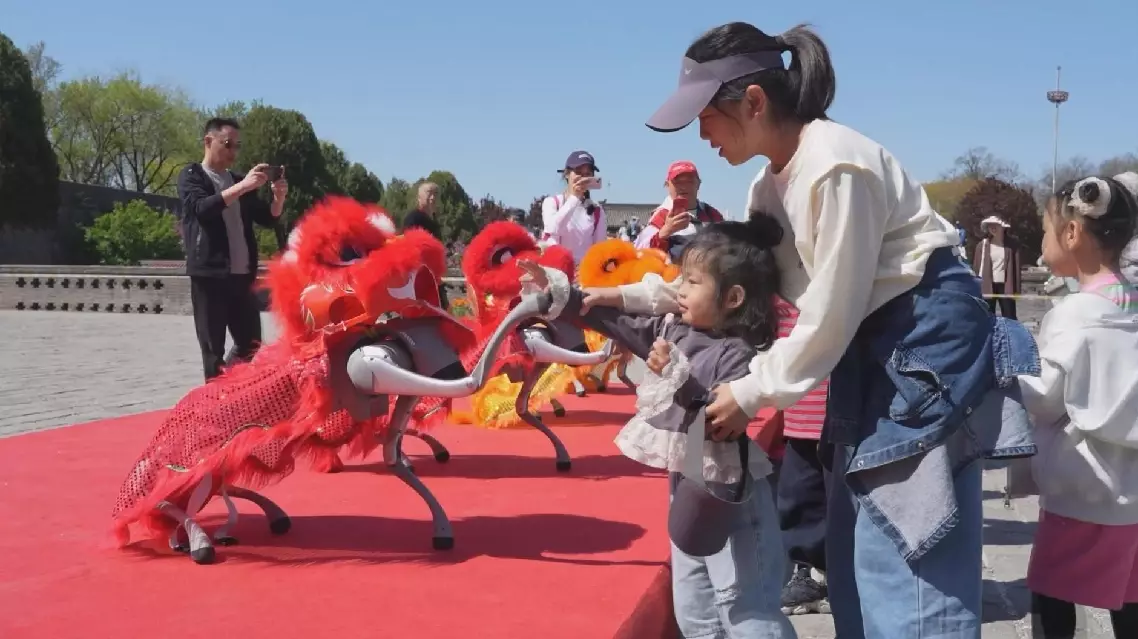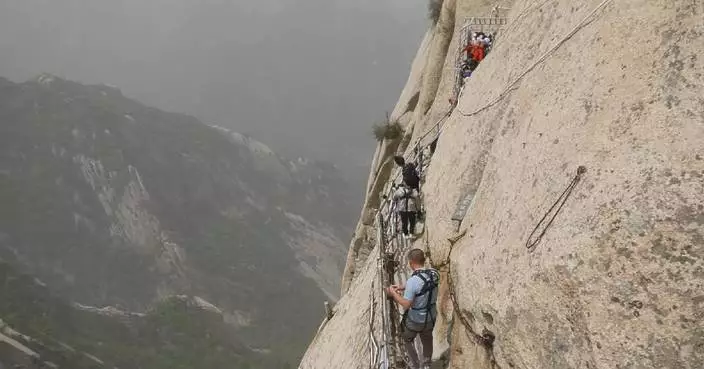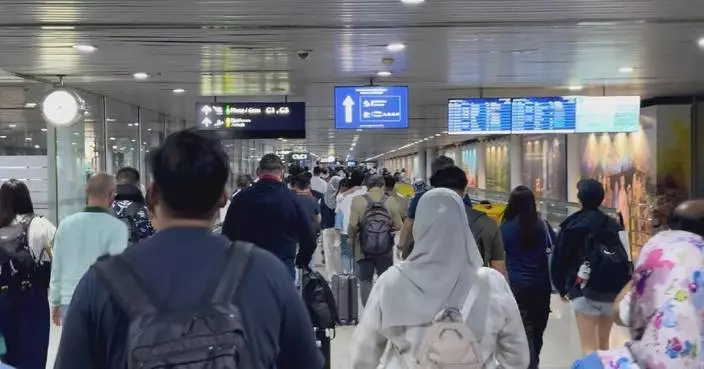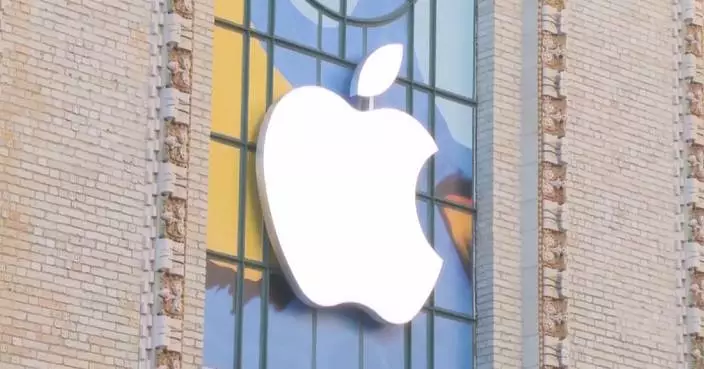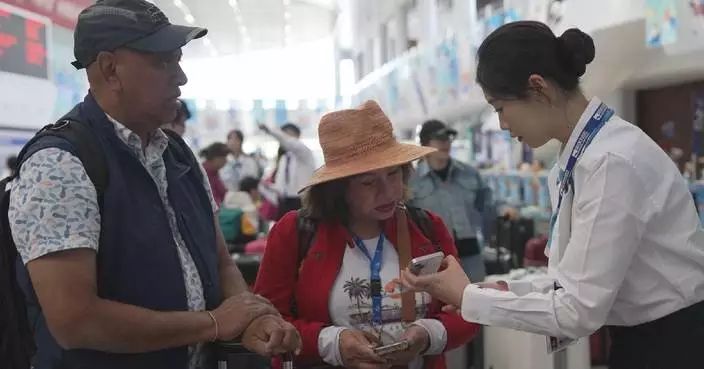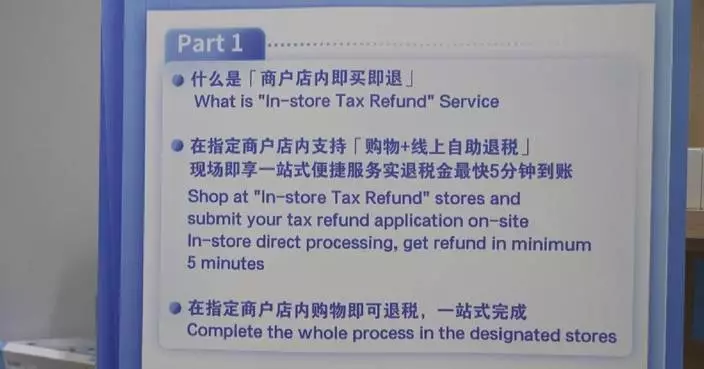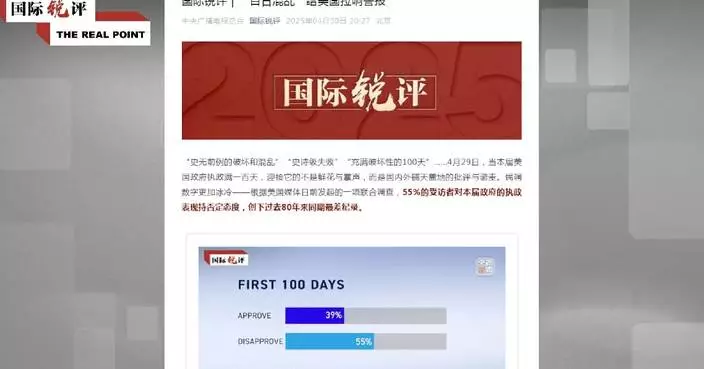The removal of U.S. sanctions remained Iran's principal demand in the negotiations, said Iranian Foreign Ministry spokesman Esmaeil Baghaei at a weekly news conference in Tehran on Monday.
On the indirect nuclear talks between Iran and the United States, Baghaei said that the discussions are only focused on the nuclear issue and the lifting of sanctions, and with no other topics on the table. He reiterated that U.S. sanctions on Iran are baseless, and if these sanctions are based on concerns about Iran's peaceful nuclear program, those concerns can be addressed, he added.
He noted that in the expert-level technical meetings starting on Wednesday in Oman, both sides will continue to discuss the framework for an agreement and clarify their respective positions.
"The sanctions imposed by the U.S. on Iran over the past decades are unjust, illegal, and brutal. As such, Iran will not differentiate between sanctions imposed under various pretexts or labels. Our core demand in any negotiation is the removal of these illegal and oppressive sanctions," he said.
The second round of indirect talks between Iran and the United States was held in Rome on Saturday, with mediation from Oman. The first round took place in Muscat on April 12, and a third session is scheduled to be held in the Omani capital again this coming Saturday.
Following the second round of indirect talks, Iranian President Masoud Pezeshkian on Monday said that Iran is open to reaching an agreement with the United States in ongoing indirect talks, provided that the country's national interests are preserved.
Meanwhile, U.S. President Donald Trump described the recent talks as "very good." Speaking to reporters over the weekend, Trump said, "We had very good meetings actually on Iran," adding, "The next step is we need a little time."
The discussions came in the wake of a letter sent by Trump to Iran's leadership in early March, proposing talks on Tehran's nuclear program. Trump later warned of military action should Iran reject his offer for talks.
Iran signed the Joint Comprehensive Plan of Action with six world powers -- Britain, China, France, Germany, Russia, and the United States -- in 2015. Under the deal, Tehran agreed to curb its nuclear program in exchange for sanctions relief.
The United States, led by Trump during his first term, unilaterally withdrew from the accord in 2018 and reimposed sanctions, prompting Iran to gradually reduce compliance with its nuclear commitments. Efforts to revive the agreement have not achieved substantial progress.
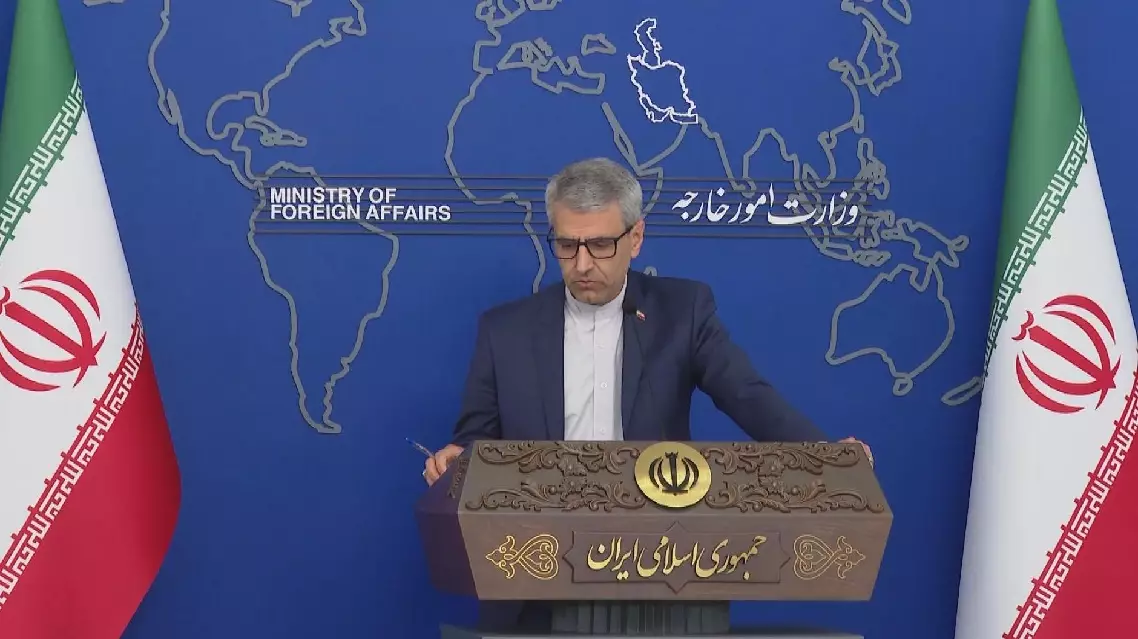
Removal of US sanctions remains Iran's principal demand in negotiations: FM spokesman


